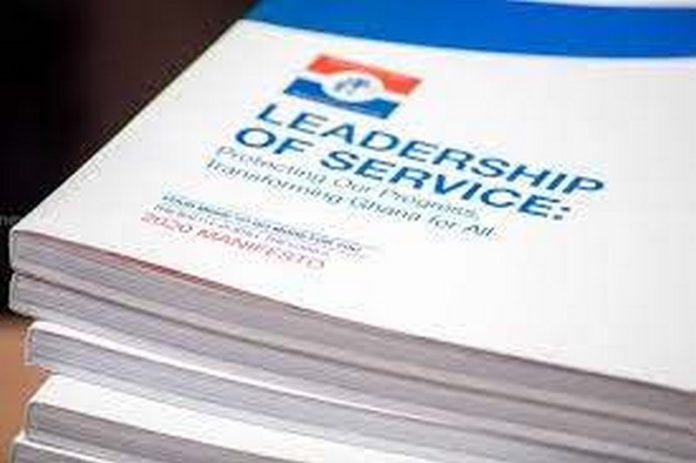A survey conducted by the Political Science Department of the University of Ghana (UG) ahead of the December 7 elections has revealed that the number of Ghanaians who believe in the manifesto document of the governing New Patriotic Party (NPP) far outweigh those who believe in the document of the main opposition National Democratic Congress (NDC).
Presenting the research findings at an event in Accra on Thursday, November 26, a lecturer at the Political Science Department of the University of Ghana, Dr Kaakyire Frimpong, said: “The two most prominent parties, namely the NPP and NDC have used campaign manifestoes to engage the voters to indicate that the election is not about personalities nor ethnic affinity and morality but rather critical issues/programmes/future policies that have the capacity to bring changes in voters’ living conditions.
“To this end, the voters examined the contents of the manifestos of the two parties. For 36.9% of the voters, the NDC can bring about the needed change in the lives of the Ghanaian while 49.4% believed that it is the NPP manifesto that has the transforming capacity.”
The survey further revealed that that 51.7 percent will vote for President Nana Addo Dankwa Akufo-Addo if the elections were held today.
The survey also noted that some 40.4 percent will vote for the opposition leader, John Dramani Mahama.
A further 1.4 per cent of voters, according to the survey, will vote for the Ghana Union Movement’s Rev. Christian Andrews, also known as Osofo Kyiri Abosom.
The survey, which sampled nearly 12,000 registered voters in 100 swing constituencies across the 16 regions of Ghana, also revealed corruption was not a key determinant for voters in the December 7 elections.
Dr Frimpong said many of the voters maintain campaign messages will form the basis for their vote.
He pointed out that 51 percent of voters think incumbent NPP MPs will retain their seats in Parliament while 35 percent of seats are up for grabs.
“Some 13 percent of the voters said MPs are likely to be changed,” he said.

